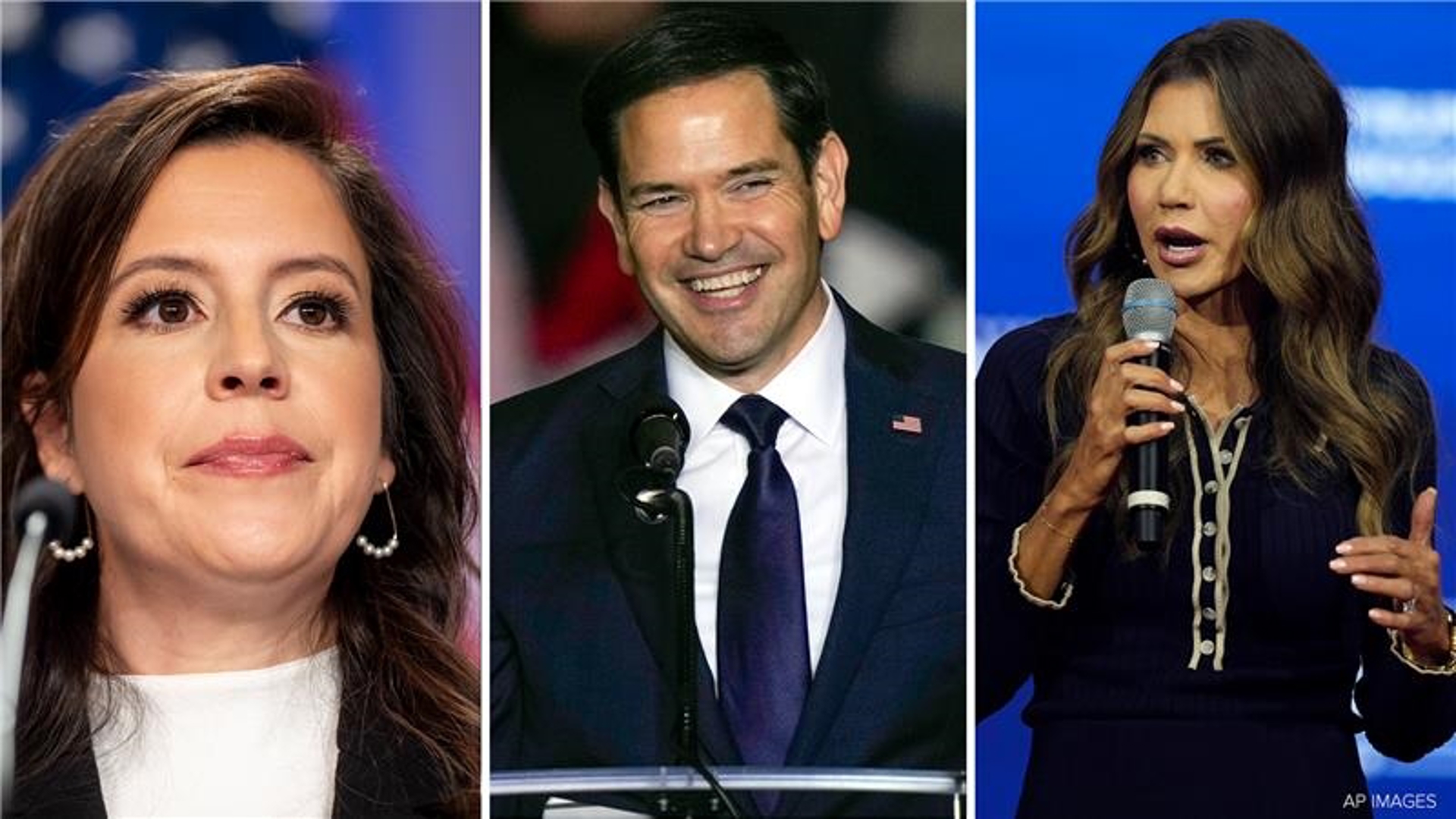Presidential administrations are supported by a cabinet, a group of appointed officials who advise the president and oversee federal departments. Currently, there are 26 members in the presidential cabinet, most of whom have to be confirmed by the Senate before being appointed.
Since Donald Trump’s victory in the 2024 presidential election, he has begun naming his cabinet nominees. He formally assumes office on Jan. 20, 2025.
While a president can’t unilaterally appoint cabinet members – they have to be confirmed by the Senate – the VERIFY team took a closer look at the process that follows. Will cabinet members need to resign from their current positions?
THE QUESTION
Do elected officials picked for Trump's cabinet have to resign before taking the new role?
THE SOURCES
THE ANSWER
Yes, elected officials picked for Trump's cabinet will have to resign before they can take the new role.
WHAT WE FOUND
President-elect Trump’s cabinet nominees who are currently holding other elected positions within the U.S. or state governments will need to resign upon inauguration or once they are confirmed by the Senate. The Constitution prevents members of Congress from holding federal office simultaneously and each state has its own dual-office holding restrictions.
There is no federal law that requires an elected official to resign in order to serve as a cabinet member, however the Constitution’s incompatibility clause prohibits a person from holding a federal office under the United States, such as a cabinet position, while simultaneously serving in either house of Congress. That means if a sitting senator or representative is appointed a cabinet position, they must resign their congressional role.
At the state level, there is no clause in the U.S. Constitution or federal law that prevents someone not in Congress – like a governor or mayor – from serving on a presidential cabinet, but all states have their own rules about holding dual roles, the National Conference of State Legislatures says.
Each state also has different rules for how a successor to a U.S. Congress seat or governorship would be replaced if a person resigns to join a president's cabinet.
JD Vance
Vance is required to step down from his Ohio Senate seat to take his place as vice president.
Ohio law authorizes the governor to fill the vacancy by appointment until a special election in November 2026, at which time the elected successor would serve the remainder of the term. In 2028, the seat would be open for general election.
Marco Rubio
To become the next Secretary of State, Rubio will also need to resign from Florida’s Senate if confirmed. Rubio is in the same position as Vance — leaving midterm. Like Ohio, Florida law authorizes the governor to fill the vacancy with an appointment. The seat would then be open for general election in 2028.
Elise Stefanik
The representative for New York’s 21st Congressional District is also required to vacate her seat upon confirmation to become Ambassador to the United Nations. Article 1, Section 2 of the Constitution requires any House seat to be filled with an election. New York law requires Gov. Kathy Hochul to call a special election within 10 days after the seat is vacated, and the election will need to be held within 70 to 80 days after that.
Matt Gaetz
If confirmed to be Trump’s attorney general, Gaetz’s vacated House seat in Florida would need to be filled through a special election– which is different than Florida’s process for filling a Senate seat. Gov. Ron DeSantis will set dates for primary and general elections, which are yet to be determined.
Kristi Noem
Noem, who's been nominated to become the next Secretary of Homeland Security, is currently serving her second term as South Dakota’s governor and is term-limited. South Dakota's law says her lieutenant, Larry Rhoden, will finish out Noem’s term until the next election in 2026.
The U.S. Constitution's incompatibility clause doesn’t apply to Noem as a sitting governor, but South Dakota's Constitution restricts Noem from holding the governorship while also holding another office under the United States.

